
Flying may look glamorous, but flight attendants juggle far more than snack trays. Certain passenger habits—some rude, some careless—make their day much tougher. These behaviors drain time, test patience, and sometimes even affect safety. Curious which habits cabin crew quietly dread? Buckle in, you’re about to find out.
Handing Trash To Flight Attendants
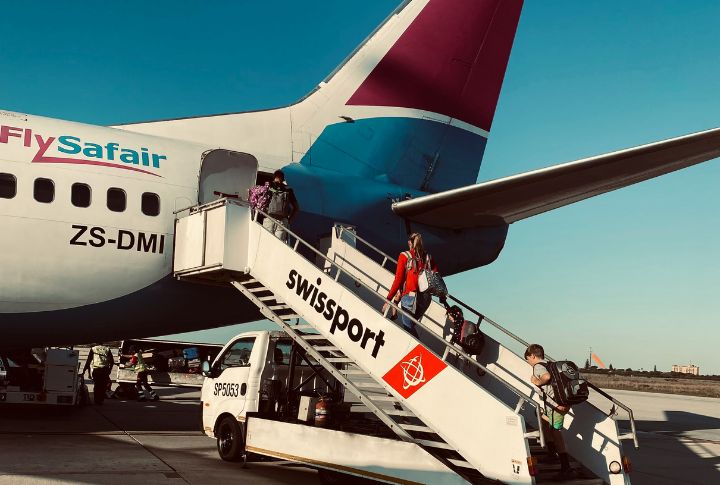
Many passengers believe they’re being helpful by handing trash to flight attendants during boarding. However, this well-intentioned gesture creates extra work and disrupts critical pre-flight duties. Cabin crew must prioritize safety checks and efficient boarding during this period. Plus, proper trash collection happens at scheduled times during the flight.
Not Removing Headphones
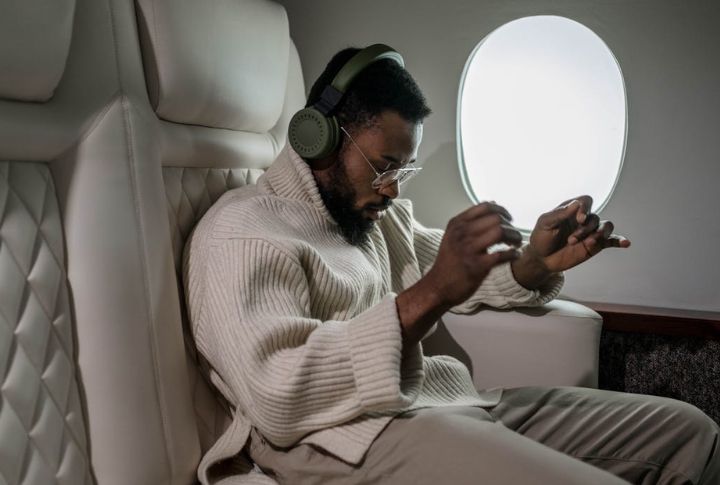
Keeping headphones on during beverage service seems innocent enough, but it’s a major headache for flight crews. They usually receive confused responses and must repeat questions multiple times for each passenger. On large aircraft with 360 seats, these small delays also add up to significant service disruptions.
Dilly-Dallying In The Aisle
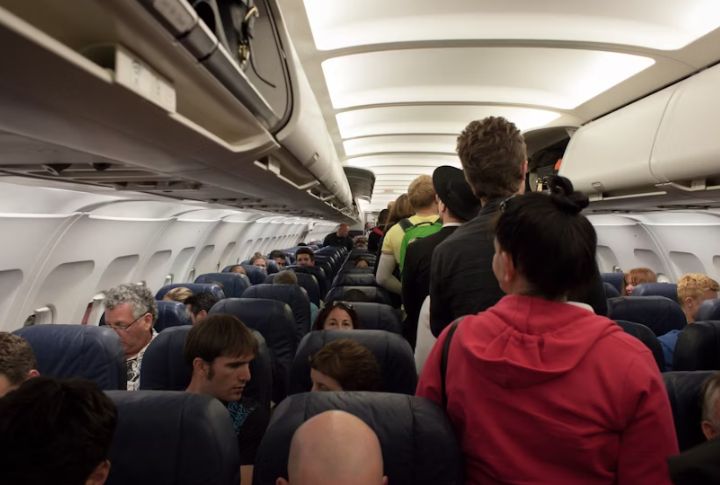
The airplane aisle serves one purpose during boarding: getting passengers to their seats efficiently. When travelers treat it as a spot for reorganizing bags or socializing, they create bottlenecks that frustrate crews and fellow passengers. Every minute lost to aisle blockages is a minute crews can’t spend on essential safety tasks.
Using Overhead Bins As Personal Closets
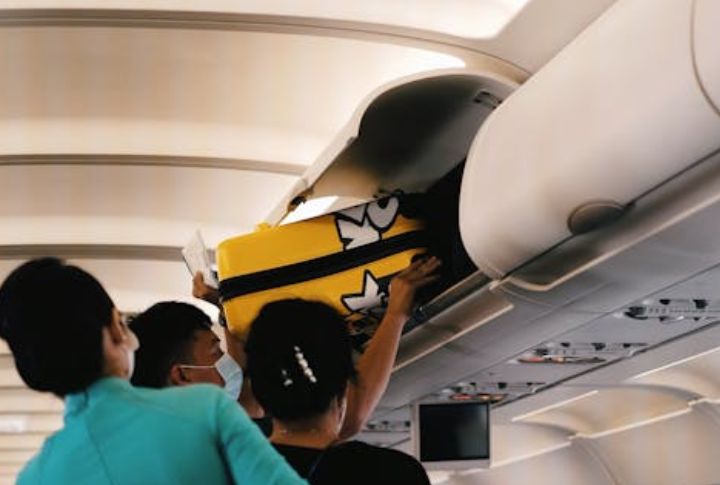
Flight attendants face a common frustration when travelers treat shared overhead bins as private storage space. Stuffing multiple bags and clothing items above, you create unfair situations. The crew must then spend valuable time reshuffling belongings to accommodate everyone’s essential carry-on luggage.
Not Listening To Safety Instructions
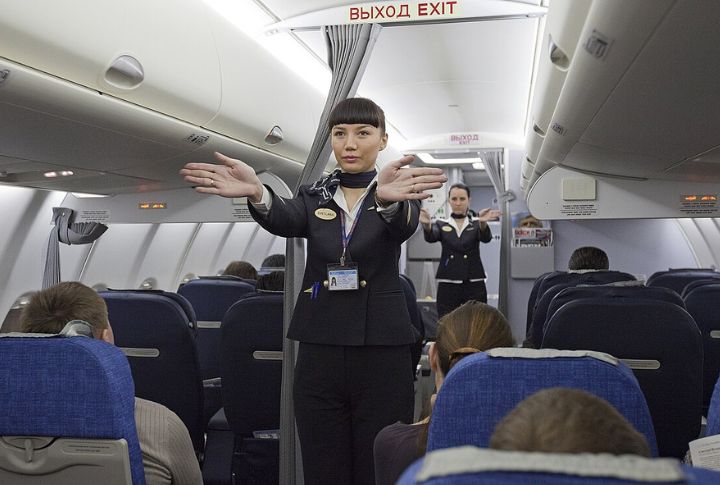
Safety demonstrations save lives, yet frequent flyers act above them. Did you know crew members bear the legal responsibility of passenger compliance, particularly in rough conditions? In fact, the real trouble starts when travelers ignore turbulence warnings and attempt lavatory visits that force attendants to step in.
Asking For Special Requests
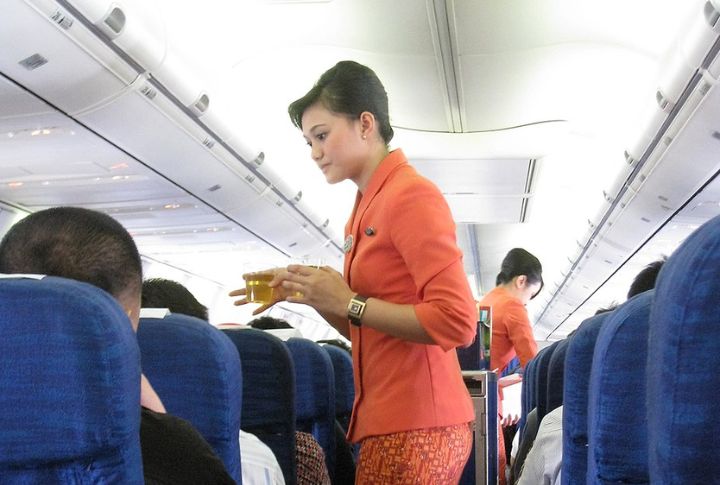
Flight attendants have a strict pre-departure checklist to ensure passenger safety. While they aim to provide excellent service, requests for drinks and pillows during boarding interfere with critical tasks. Passengers who wait until after takeoff for special requests actually create a smoother flight experience.
Not Acknowledging Flight Attendants
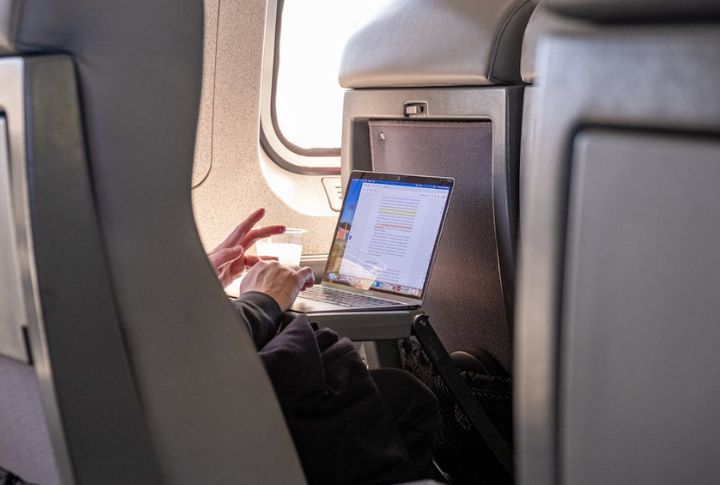
Basic manners have become surprisingly scarce during flight service. Most passengers stay focused on screens instead of acknowledging the cabin crew. Airline staff note that simple eye contact and polite responses like “please” and “thank you” help them serve everyone more efficiently.
Public Arguments Or Loud Disputes
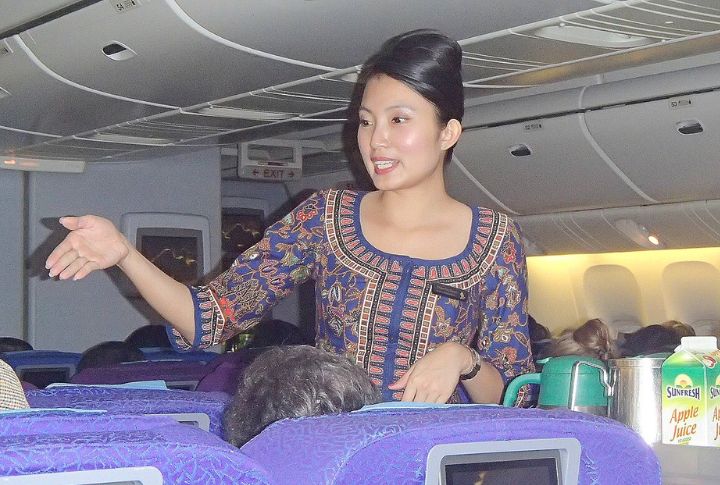
Passengers sometimes fail to realize that public arguments force flight attendants to become unwilling mediators. The aircraft’s tight quarters also mean every dispute becomes everyone’s business. Rather than maintaining safety protocols, crew members must redirect their attention to keeping peace in the cabin.
Borrowing Flight Attendants’ Personal Items
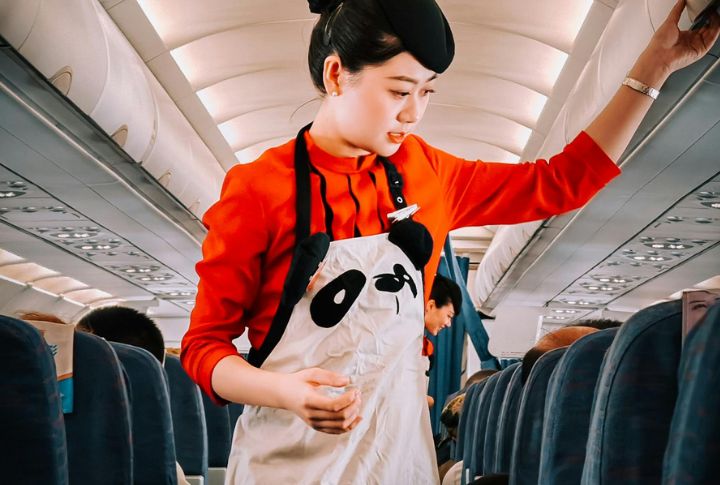
Personal items carried by cabin staff serve specific work purposes and aren’t meant for passenger use. A simple request to borrow a pen might appear courteous, but it actually disrupts crew operations. This is because most attendants carry minimal supplies, and unreturned items can impact their ability to complete necessary paperwork.
Standing Up Immediately After Landing
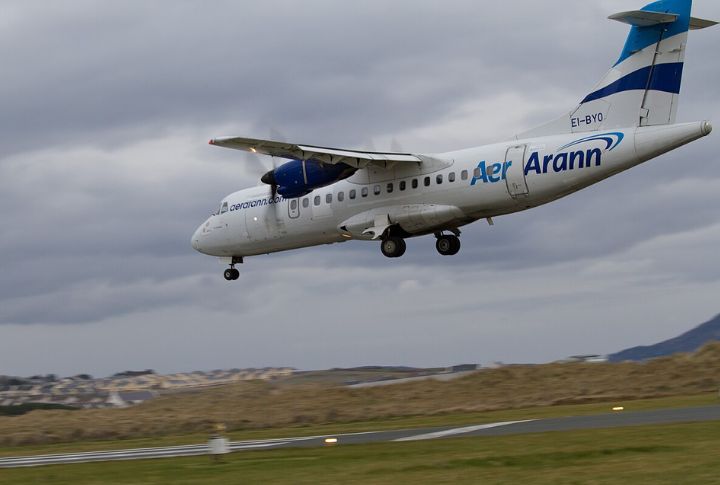
The urge to grab bags the moment the wheels touch down makes an already tight space unsafe. The onboard team often has to remind passengers to stay seated until the seatbelt sign is off. Waiting just a few extra minutes keeps everyone safer and makes deplaning more orderly.

